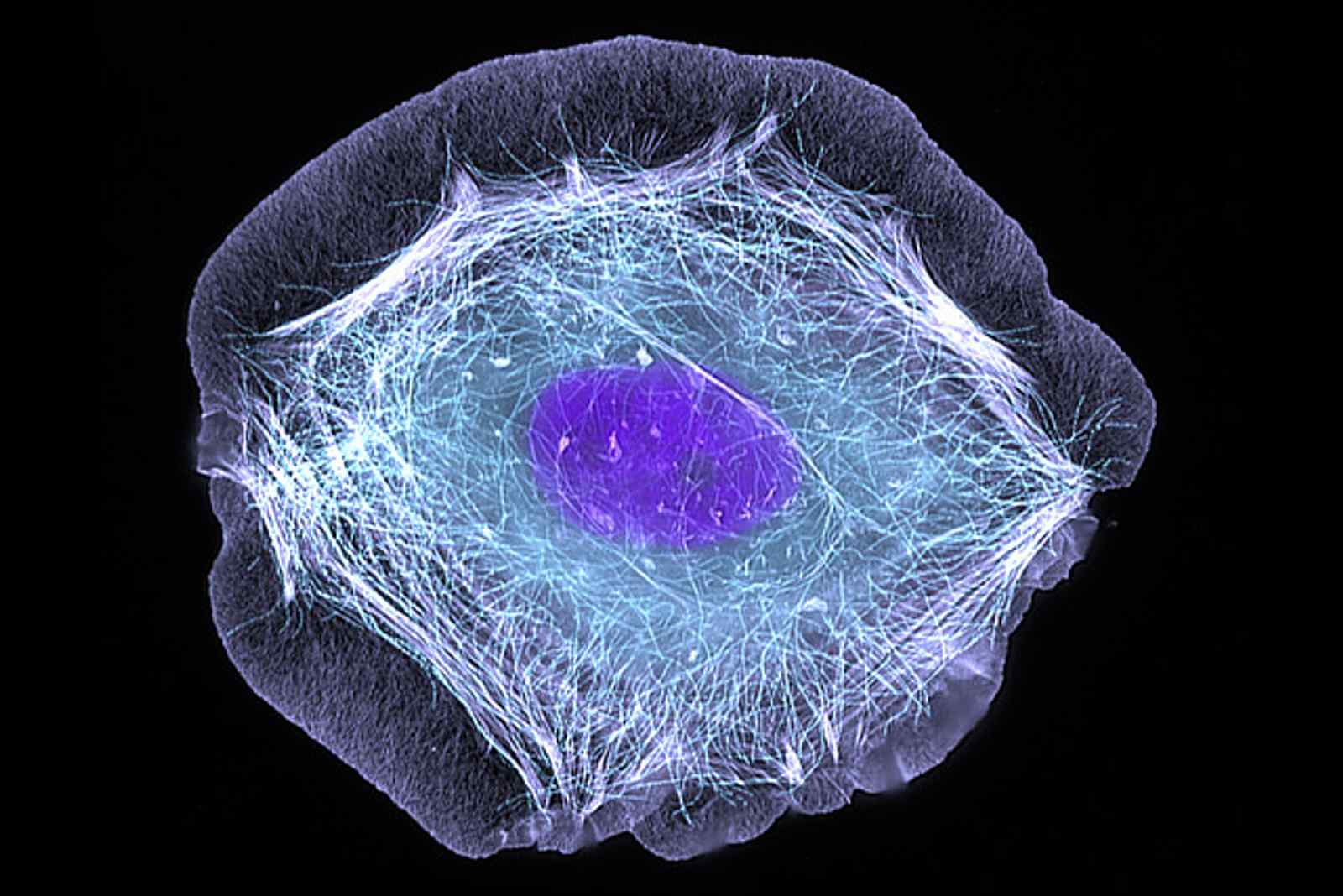On Being Human: Some Reflections on Consciousness
From the working of the eye to the process of cell division, the human body is one very impressive piece of self-replicating engineering. For many this thought is dispiriting. If we’re simply machines, what makes us special?
For myself, the more I learn about the working of the human body, the more I stand in utter amazement. Thirty-seven trillion cells of all types and sizes working in coordination, all having their genesis in the joining of one sperm and one egg cell. Food broken down into nutrients that make new cells and provide materials for existing cells to do their jobs. An elaborate circulatory system that delivers these nutrients and oxygen to where they’re needed. All of this and more without so much as a conscious thought.
Yet, it’s conscious thought, together with human emotion and the ability to reason, that really make this machine more than just a machine. Joy. Sadness. The anticipation of meeting with friends. The pain of loss for a loved one. The ability to ponder who we are and what our life’s purpose is. How is it that we, the collection of molecules that we are, live such rich inner lives?
The fact is that no one really knows. Some philosophers argue that consciousness naturally emerges from our biology. Though neither hydrogen nor oxygen are wet, water is. So, too, with consciousness. Put enough things together and it simply happens. But can such an argument really be considered an explanation?
Some argue that consciousness is a set of organized informational states. Computer software, they contend, could experience consciousness in the same way as humans if it represented informational states in the same way as the brain. Or as Berkeley philosopher John Searle humorously points out, so, too, could a suitably arranged collection of beer cans.
Still others argue that the whole concept of consciousness is misguided and that consciousness doesn’t exist – at least not in the way we think it does. Instead, consciousness is an unimportant byproduct of the physical firings of the brain, much like exhaust is generated by a car’s engine. For those having first-hand experience with consciousness, as I presume is the case for anyone capable of reading this blog post, this latter argument should come as quite a surprise.
Nothing close to a satisfying explanation of consciousness has been proffered, and for all the ongoing scientific research the promise still far, far exceeds the reality. Perhaps consciousness is simply beyond comprehension – beyond what our three-pound brains are capable of understanding.
Yet while we may not be able to comprehend all that makes us human, we still can’t help but marvel at the human instrument. When I look deeply into a mirror and contemplate what I see, I can only think to myself wow, now there’s one cool machine. Not a soulless machine, but a very special machine born of an amazing universe. I enjoy a good meal. I shiver when I’m cold and luxuriate in the warmth of a blanket. I feel friendship and caring and compassion and concern, and do my best to temper my lesser emotions. I revel in being human, thankful that, for all my failings, I’m free to experience the greatest of gifts.

